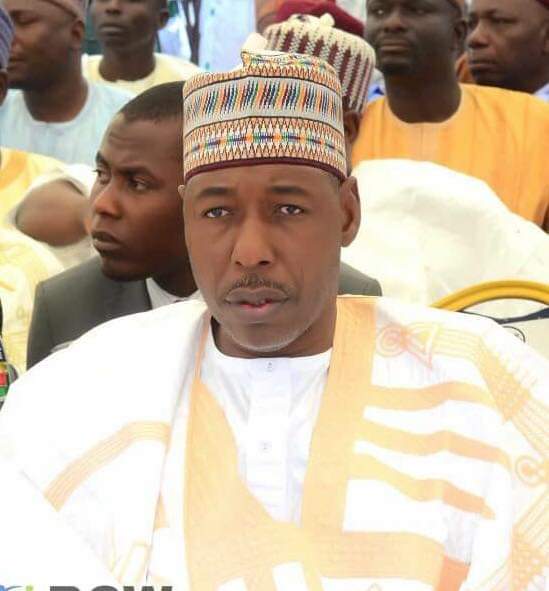A UK-based non-profit organization has warned of a mounting disinformation campaign across the Arab World and much of Africa.
Based on a wealth of open-source research, social media analysis and digital investigations, the group has uncovered a broad Russian campaign to influence the hearts and minds of the broader region.
Even though Russian government is yet to react, Nina Jankowicz, Vice President, U.S. at CIR, noted, “While following Russia’s invasion of Ukraine last year, the US and UK acted quickly to counteract the flow of Russian propaganda and the European Union banned its state-sponsored TV channels, RT and Sputnik, from the airwaves, in the Arabic-speaking world and across Africa, Russian misinformation has continued unabated.”
“Furthermore, our research on social media sites like Twitter has uncovered numerous reports from outlets aimed at Arab and African audiences blaming the global food and energy crises on baseless conspiracy theories related to the EU and the United States, rather than Russia’s subterfuge at Ukrainian ports and subsequent refusal to cooperate.”
The group also noted how during the early days of the war, Russian news channels in the Arab world repeatedly reported that Zelensky had left the Ukraine and propagated the long-debunked claim that Ukraine had constructed secret laboratories to develop biological weapons. Given that many countries in the Global South have not dispatched foreign correspondents to Ukraine, Russian propaganda is reprinted as truth in local languages and amplified across social media.
Jankowicz added, “Facebook and Twitter analysis has shown that Egypt has become both a hub and a force multiplier in the region for Russian disinformation. Today, RT Arabic has the second most popular news website in the region, outperforming even Al-Jazeera.”
Dr Dounia Mahlouly, an academic from SOAS and expert in Global Digital Cultures, one of many academics collaborating with CIR on this matter, noted, “In the Arab youth survey at the end of last year, 1/3 of North Africans believed it was NATO responsible for the conflict between Russia and Ukraine, with only 17% attributing blame to Russia.”
She added, “This shows that while the audience has legitimate frustrations about certain double standards in the Western media coverage of the war in Ukraine, Russia is now capitalizing on these frustrations and promoting its own brand of ‘white saviour’ narrative through a mass disinformation campaign in the region.”
Distributed by APO Group on behalf of Centre for Information Resilience (CIR).
Speaking about the campaign in Bayelsa State, Mr. Emmanuel Diala, a community-awareness facilitator on the Cancel Cults campaign stated, “The Cancel Cults campaign is designed to create an environment where youths can thrive through legitimate means.
“We believe that by educating young people on the dangers of cultism and other serious organized crimes (SOCs) and putting them on the right track in building sustainable livelihoods, we can reduce their involvement in cultism.”
The campaign is working with the government and other Civil Society Organizations to create an environment where youths can thrive through legitimate means. It encourages young people to take advantage of the many opportunities available to them and avoid the trap of cultism and other criminal activities.











